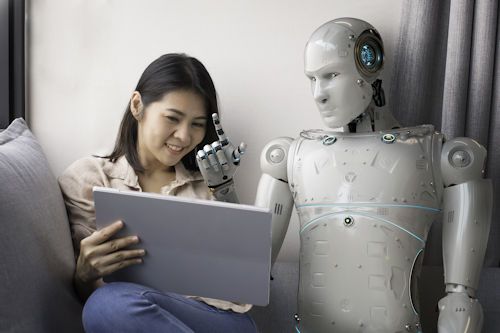It has been really fun talking to the kids about AI. Should we help AI consciousness to emerge — or should we try to prevent it? Can you design a kindest AI? Can we use AI as an universal emotion translator? How to search for an AI civilization? And many many other questions that you can discuss with kids.
Ultimately, early introduction of AI is not limited to formal instruction. Just contemplating future scenarios of AI evolution provides plentiful material for engaging students with the subject. A survey on the future of AI, administered by the Future of Life Institute, is a great starting point for such discussions. Social studies classes, as well as school debate and philosophy clubs, could also launch a dialogue on AI ethics – an AI nurse selecting a medicine, an AI judge deciding on a criminal case, or an AI driverless car switching lanes to avoid collision.
Demystifying AI for our children in all its complexity while providing them with an early insight into its promises and perils will make them confident in their ability to understand and control this incredible technology, as it is bound to develop rapidly within their lifetimes.







